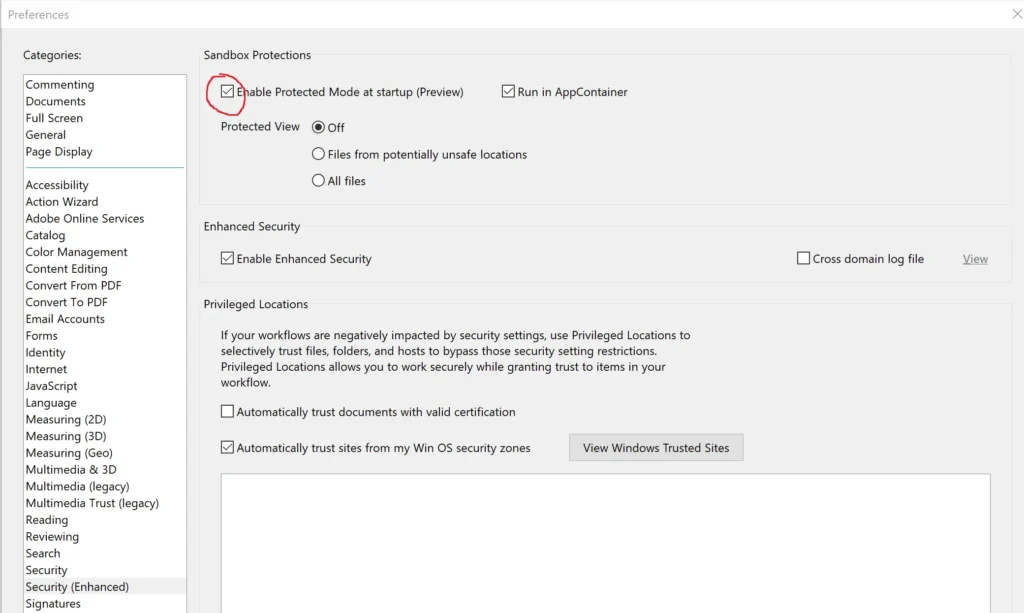
Adobe Acrobat plugins and PDF related Products and Solutions
- Mapsoft TOCBuilder
- Mapsoft Bookmarker
- Mapsoft Impress Pro
- Mapsoft Impress
- Mapsoft Maskit
- Mapsoft Dogears
- Mapsoft Flattener
- Mapsoft MediaSizer
- Mapsoft Engage Designer
- Mapsoft Engage VDP
- Tryout versions are available for our Adobe Acrobat plugins. These are available after selecting the “Download Tryout” button for each product.
- All the tryouts are fully working versions of the products but will place a ‘Tryout’ stamp on each page of PDF documents that are used.
- For Acrobat plugins please download a Trial version of Acrobat if you don’t currently have a licensed copy
- See features and pricing for Adobe Acrobat (US) (UK).
- Be aware that we also provide custom software development of PDF solutions. If you don’t see what you want on this page then please contact us to use our Adobe PDF Software Development Services and we can either suggest a solution of our own or another organization in this space, a modification of one of our solutions or perhaps a completely custom solution to optimise your document workflows.
Do not use production PDF files for the Adobe Acrobat plugin tryout products without backups. (the tryout versions of our products put watermarking into the PDF files that they run on)
Table of Contents
Adobe Acrobat Plug-ins
Automatically Create a PDF Table of Contents
Add Text to Multiple PDF Files and Pages
Add Styled Text and Variables to PDF Pages
Mask/Hide/Clean an Area of a PDF Page
Add Dogears on a page to Navigate a PDF File
Flatten Annotations into the PDF Page
Change the Page Size of the PDF Document
Engage Products for Variable Printing and Mail merge
Apply Fields to PDF File templates for Mail Merge/VDP
Output PDF Mail Merged Files from a database
What is an Acrobat plugin?
Adobe Acrobat plug-ins are components specifically designed to enhance the functionality of the Adobe Acrobat viewer, which is part of Adobe Acrobat, the leading software for creating and modifying PDF files.
These add-ons function as modular extensions, smoothly integrating with Acrobat to offer users additional capabilities beyond the fundamental functions of the software.
They might vary from basic tools that carry out certain tasks to advanced systems that bring completely new features to the Acrobat environment.
Using Acrobat Protected Mode in conjunction with plugins.
Acrobat’s Protected Mode serves as a security feature, shielding users from potentially harmful content and actions within PDF files. Although this option improves security by limiting the software’s actions, it can potentially impact the functionality of certain plug-ins.
Protected Mode functions by restricting the access that plug-ins have to system resources and user data. Consequently, the activation of Protected Mode may cause compatibility or functionality issues for plug-ins that require extensive system access or perform actions deemed hazardous in a limited context.
The image below shows a screenshot of the Acrobat preferences where this feature can be switched off.

Features Added via Acrobat plugins
The variety of features that plug-ins can provide for Adobe Acrobat is extensive and varied. A few typical instances include:
Intermediate Document Processing: Add-ons can automate intricate operations, such as bulk processing of PDF files, advanced document comparison, or data extraction.
Improved Editing and Content Creation: Certain plug-ins provide advanced editing features, such as enhanced picture processing, interactive form generation, or integration of 3D models.
Enhanced Integration and Compatibility: Plug-ins can help achieve better integration with other software tools or databases, allowing smooth data exchange or embedding of external material into PDF files.
Security and Compliance: Some plug-ins enhance Acrobat’s security features by offering more sophisticated encryption, digital signatures, or compliance with specific industry standards.
Plug-ins are different from Acrobat JavaScripts.
Although plug-ins and Acrobat JavaScripts (JS) both enhance the capabilities of Adobe Acrobat, they function in distinct ways and have different objectives.
Execution Environment: Plug-ins, compiled code, operate within the Acrobat application, facilitating the execution of more complex and efficient tasks. On the other hand, Acrobat JavaScripts are scripts that run within the Acrobat or Adobe Reader environment, typically with restrictions on the activities they can perform, such as document-level or user interface duties.
Functionality: Plug-ins have the ability to utilize lower-level features of the Acrobat software, providing functionality that JavaScripts do not have access to. This includes extensive manipulation of the PDF structure, customized user interface components, and improved performance for demanding jobs.
Security and Accessibility: Since plug-ins have the ability to execute more advanced tasks, they are subject to more stringent security measures and may be impacted by the limits imposed by Protected Mode. Although JavaScript’s power is limited, security restrictions often have less impact on it.
To summarize, Acrobat plug-ins are effective tools that may greatly improve and expand the capabilities of Adobe Acrobat. Although they have more functionalities than Acrobat JavaScripts, they also have to deal with the difficulties caused by security mechanisms such as protected mode. Verified add-ons offer a certain level of confidence in terms of their quality and safety, which makes them a significant resource for users seeking to enhance their productivity and effectiveness using Adobe Acrobat.
